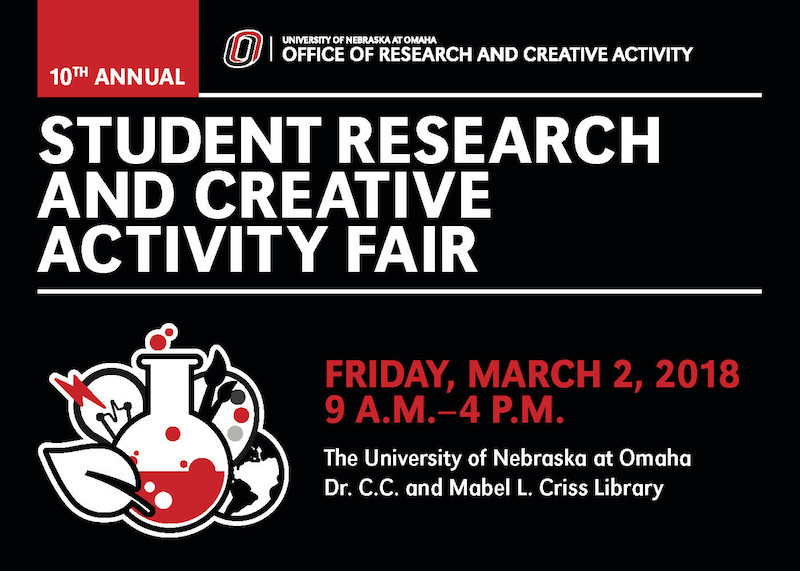
Advisor Information
Joseph Allen
Location
Dr. C.C. and Mabel L. Criss Library
Presentation Type
Poster
Start Date
2-3-2018 12:30 PM
End Date
2-3-2018 1:45 PM
Abstract
A workplace meeting is an event or discussion that two or more individuals partake in with the goal of accomplishing work-related tasks. Half the time spent in meetings is wasted due to negative behaviors such as lateness. It is hypothesized that people who give an inadequate excuse for meeting lateness receive poorer outcomes/ratings than those who give no excuse, with an adequate excuse receiving the best ratings. An excuse can be considered inadequate in two ways: if another action was available and if it is considered unethical. A survey was administered to determine what feelings arise towards late individuals. Results found that when employees provided an excuse, the feelings from other employees towards the late individual tended to be more positive. This study leads to a better understanding of how meeting lateness affects people of the workplace in regards to how often an employee shows up late and the adequacy of the excuse given for being late. The data this project produces may contribute to existing literature about the effects of meeting lateness and may likely benefit bosses, managers, and employees of the workplace. It may allow meeting attendees to better understand the components of meeting lateness and how it affects the on-time meeting attendees’ attitudes towards the late attendees.
Meeting Lateness and the Effects on Employees in the Workplace
Dr. C.C. and Mabel L. Criss Library
A workplace meeting is an event or discussion that two or more individuals partake in with the goal of accomplishing work-related tasks. Half the time spent in meetings is wasted due to negative behaviors such as lateness. It is hypothesized that people who give an inadequate excuse for meeting lateness receive poorer outcomes/ratings than those who give no excuse, with an adequate excuse receiving the best ratings. An excuse can be considered inadequate in two ways: if another action was available and if it is considered unethical. A survey was administered to determine what feelings arise towards late individuals. Results found that when employees provided an excuse, the feelings from other employees towards the late individual tended to be more positive. This study leads to a better understanding of how meeting lateness affects people of the workplace in regards to how often an employee shows up late and the adequacy of the excuse given for being late. The data this project produces may contribute to existing literature about the effects of meeting lateness and may likely benefit bosses, managers, and employees of the workplace. It may allow meeting attendees to better understand the components of meeting lateness and how it affects the on-time meeting attendees’ attitudes towards the late attendees.
